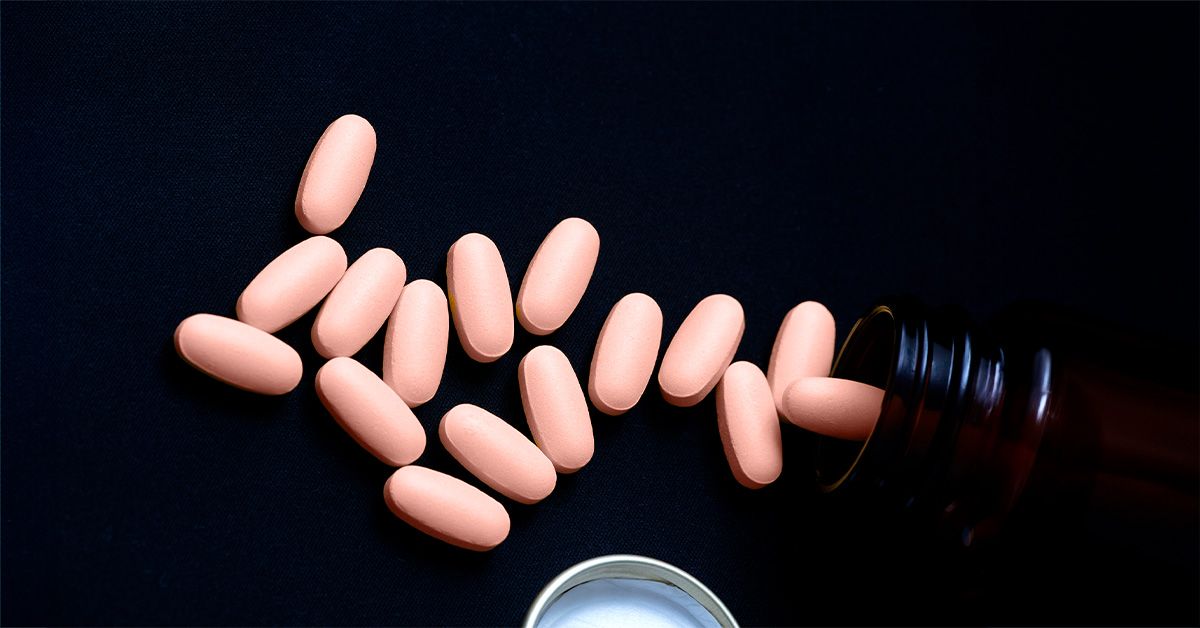A recent study conducted by researchers at the University of Hong Kong has shown that statins can effectively reduce the risk of all-cause and cardiovascular deaths among older adults. Statins are medications that work by lowering LDL cholesterol levels, also known as “bad” cholesterol, which can contribute to the development of atherosclerosis and heart disease. The study, which was published in the Annals of Internal Medicine, found that individuals aged 60 and older, including those over 85, who took statins experienced a decrease in mortality rates.
Heart disease is the leading cause of death among individuals aged 65 and older, with estimates indicating that the mortality rate among those aged 60 to 80 is between 77% and 80%, and 85% for those over 80. To investigate whether statin use could help reduce the risk of death from heart disease in older adults, the researchers analyzed electronic medical records from the Hong Kong Hospital Authority. The study participants had not previously used statins or lipid-lowering drugs and had no history of cancer.
The study found no link between statins and adverse effects such as myopathy, muscle pain, or liver dysfunction, which had been previously reported in some cases. Statins work by inhibiting an enzyme called HMG0CoA reductase, which is crucial for cholesterol synthesis in the liver. By reducing the amount of cholesterol produced by the liver, statins help decrease total circulating blood cholesterol levels, thus lowering the risk of cardiovascular disease.
In addition to lowering cholesterol levels, statins have been found to stabilize plaques in blood vessels, reducing the risk of sudden heart attacks. They are also thought to have a modest effect on increasing HDL cholesterol and decreasing inflammation, further reducing the risk of heart disease. Statins may be prescribed to adults at risk for heart disease due to factors such as family history, hypertension, diabetes, smoking, and elevated cholesterol levels.
While statins are generally well-tolerated, some individuals may experience Statin-Associated Muscle Symptoms (SAMS) such as muscle cramps or weakness. Studies have shown that the actual incidence of SAMS is around 10%, although many individuals may attribute these symptoms to statin use when they are not the cause. If patients experience adverse effects, healthcare providers may switch them to a different statin to alleviate symptoms and maintain the benefits of the medication in reducing the risk of cardiovascular events.









